Transparency
Transparency should be at the core of every marketing campaign. This means providing clear, honest, and accessible information about products, services, and data practices. Brands should disclose the purpose of data collection and how it will be used. Transparency also extends to advertising, where claims must be verifiable and not misleading.
Consent and Choice
In 2025, consumers expect greater control over their data. Ethical marketing involves seeking explicit consent before collecting personal information and offering easy-to-understand options for opting in or out. Brands that prioritize user choice demonstrate respect for their audience, fostering trust and loyalty.
Fairness and Inclusivity
Ethical digital marketing requires fairness and inclusivity. This means avoiding discriminatory practices, such as targeting ads based on sensitive attributes like race, gender, or religion. It also involves creating content that is accessible to all, including people with disabilities. Inclusive marketing not only aligns with ethical standards but also expands a brand’s reach to diverse audiences.
Authenticity
Authenticity is a powerful tool for building trust. Consumers value genuine connections with brands. Marketers should prioritize authentic storytelling and avoid using manipulative tactics to influence decision-making. Authenticity also applies to influencer partnerships, where genuine alignment between the influencer and the brand’s values is essential.
Strategies for Implementing Ethical Practices
• Develop a Code of Ethics
Businesses should establish a clear code of ethics for digital marketing. This document should outline the principles and standards that guide marketing practices, including transparency, honesty, and respect for consumer rights. Training employees on these guidelines ensures consistency across campaigns.
• Invest in Ethical AI
AI and machine learning will continue to shape digital marketing in 2025. Brands must invest in ethical AI solutions that prioritize user privacy, reduce bias, and ensure transparency. Regular audits of AI systems can help identify and mitigate ethical risks.
• Foster Consumer Education
Educating consumers about their rights and how their data is used fosters trust. Brands can use their platforms to provide resources on data privacy, online safety, and ethical marketing practices. Informed consumers are more likely to engage with brands they trust.
• Monitor and Adapt
The digital marketing landscape is dynamic, and ethical standards evolve over time. Businesses must regularly monitor their practices, seek feedback from stakeholders, and adapt to emerging ethical challenges. Staying ahead of regulatory changes ensures compliance and builds consumer confidence.
The Role of Technology in Promoting Ethical Marketing
Technological advancements can support ethical marketing practices. For example:
- Blockchain: Blockchain technology can enhance transparency by providing an immutable record of transactions and data usage. This can be particularly useful for verifying claims in advertising and ensuring accountability in data handling.
- Privacy-Enhancing Technologies (PETs): Tools like differential privacy and federated learning enable data analysis without compromising individual privacy. These technologies help marketers gain insights while respecting user anonymity.
- AI Ethics Tools: AI-driven tools can detect biased or unethical content, helping marketers maintain ethical standards in their campaigns.
The Business Benefits of Ethical Marketing
While ethical marketing requires effort and commitment, it offers significant long-term benefits:
- Enhanced Reputation: Ethical practices build a positive brand image, making businesses more attractive to consumers, investors, and partners.
- Customer Loyalty: Trustworthy brands enjoy higher customer retention rates and stronger relationships with their audience.
- Competitive Advantage: In an era where consumers are increasingly discerning, ethical marketing sets brands apart from competitors.
Risk Mitigation: Adhering to ethical standards reduces the risk of legal issues, data breaches, and public backlash.

